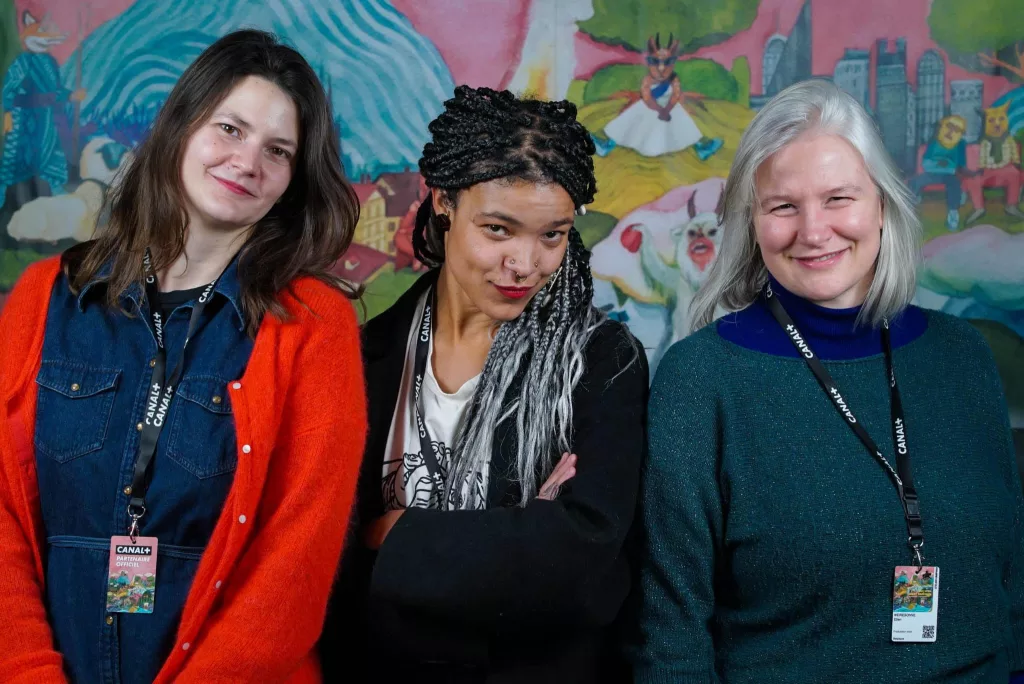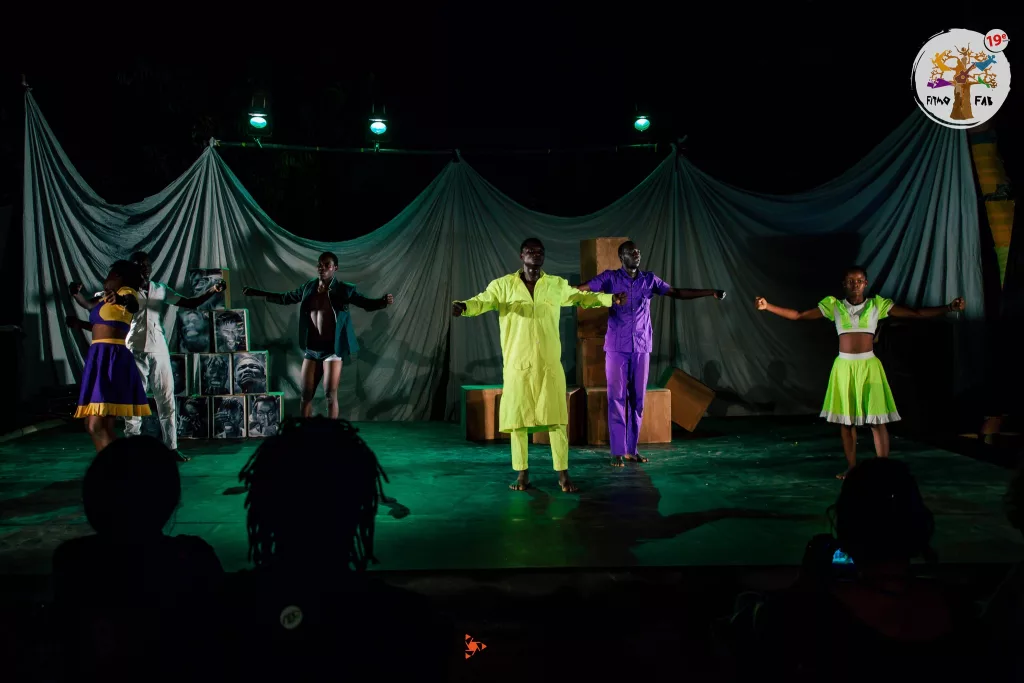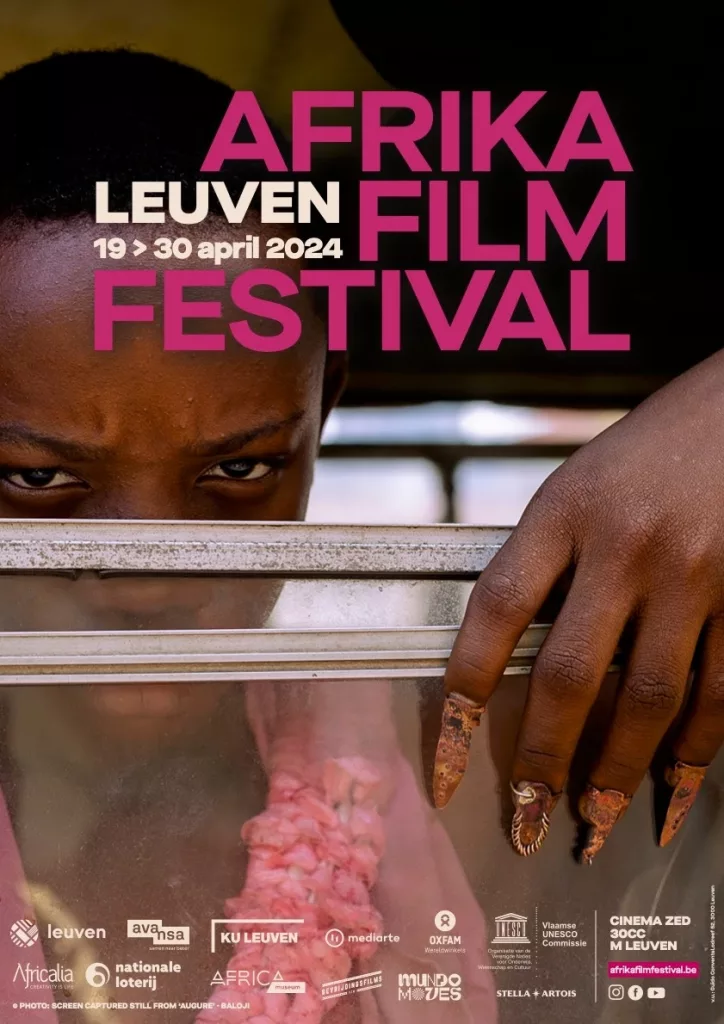Why are the arts and culture relevant to work in Global Citizenship and Solidarity Education (GCSE)?
- Because they enable citizens to acquire non-academic knowledge and skills, cultural and artistic practices complement education and reinforce teaching and research. The knowledge and skills that come from mastering and appreciating an artistic discipline will benefit people throughout their lives.
- Today, no one can "produce" artistic content without questioning the economic, social, educational and political mechanisms that undermine freedom of expression and prevent any possibility of experimentation with a more equitable and sustainable system of values. Through their works, cultural players, artists, authors and creators are the bearers of the aspirations of the communities in which they are deeply rooted.
- "It is culture that gives us the capacity to reflect on ourselves. It is culture that makes us specifically human, rational, critical and ethically committed. It is through culture that we discern values and make choices. It is through it that man expresses himself, becomes aware of himself, recognises himself as an unfinished project, questions his own achievements, tirelessly searches for new meanings and creates works that transcend him". Mexico City Declaration 1982.



